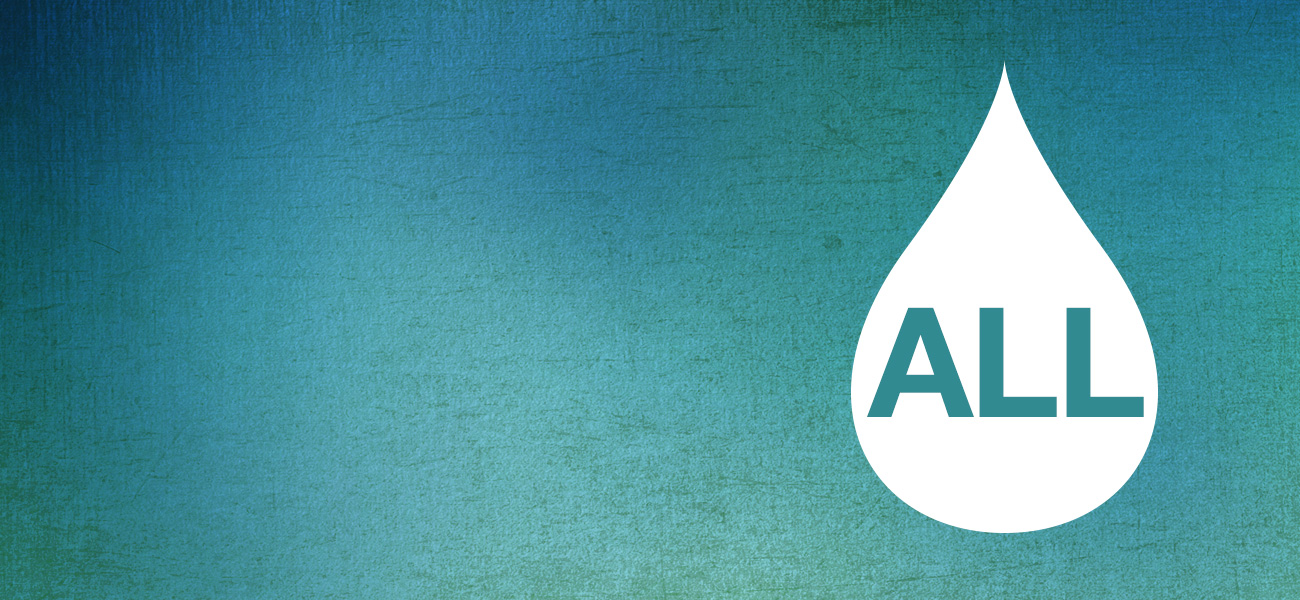The main treatment for ALL is chemotherapy given in phases. Most treatment regimens take 2 to 3 years to complete.
Not every child with ALL receives the same treatment. Your child’s doctor will tailor your child’s treatment based on the ALL subtype and other factors, such as age, health and how the cancer responds to treatment.
In addition to chemotherapy, your child’s treatment may include:
Fertility
Some cancer treatments can affect your child’s fertility (the ability to have children in the future). Before your child begins treatment, it is important to talk with the doctor about whether the treatment could affect your child’s fertility. You may also want to speak with a fertility specialist. A fertility specialist is a doctor who diagnoses and treats problems related to infertility. The fertility specialist can talk to you about possible options for preserving your child’s fertility. Click here to learn more.
School
During treatment, there will be times when your child may be unable to attend school in person. However, there are resources to help your child continue to receive an education so that he or she will not fall behind. Click here to learn more.
Once your child is in remission, he or she will likely be going back to school. This reentry to the classroom can be daunting for a child of any age. Educate family members, friends, school personnel and healthcare providers about your child's possible long-term and late effects of treatment. Work with your child's teachers and medical providers to develop a program tailored to his or her needs that features baseline testing, special accommodations and long-term planning. Click here to learn more.
Related Links
- Download or order The Leukemia & Lymphoma Society's free booklets
- Caring for Kids and Adolescents Workbook
- About Childhood Blood Cancer
- Fertility
- School

